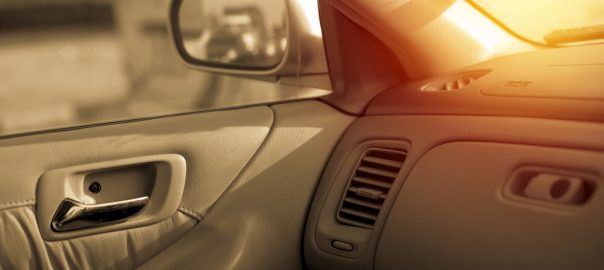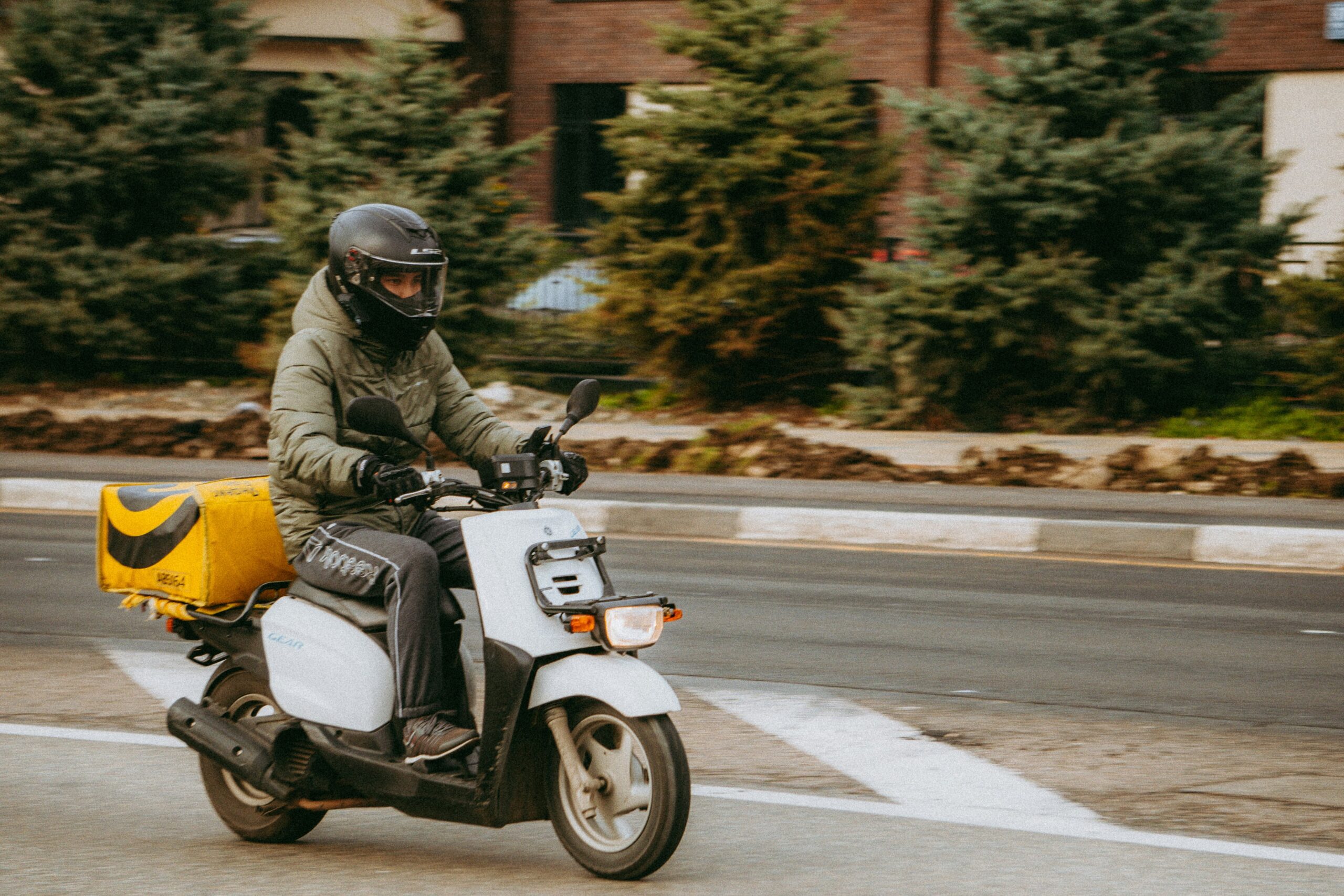In the hustle and bustle of everyday life, it’s easy to lose track of time and forget to take care of important appointments and stops along the way. While returning from one engagement, many of us will try to stop into the grocery store or supermarket to quickly grab one item before returning to the car and continuing on our way. Unfortunately, many times a quick stop into the store can take longer than we expect or even realize due to distractions, unexpected problems, or other issues, turning a 5-minute break into a 20 or 30 minute affair. While this is nothing more than an inconvenience when you’re traveling alone, it can prove fatal when those of us traveling with kids or pets leave them unattended in a hot car.
An average of 37 children die every year after being left alone in a hot car, and with 6 fatalities so far this year, and it’s only May. As we’re looking at possible record breaking temperatures this week, it’s more important than ever to be aware of the danger of hot cars. Even cracking windows or leaving the a/c running isn’t a foolproof way to keep children safe, as mechanical failure and unexpected shifts in temperature can still raise temperatures to a fatal level. Based on the results of one experiment, a car sitting in the sun in 85°F weather can heat up to well over 100°F in just 5 minutes, with temperatures reaching a stifling 110°F in a little over 20 minutes. At those temperatures, it doesn’t take long for extreme temperatures to lead to heat stroke, which can quickly lead to brain injury or death.
If you think you would never leave a child or pet in the car unattended, consider this, 56% of the more than 500 children who have died in overheated cars since 1998 were forgotten in the car by their busy parent or caregiver. This “forgotten-child syndrome” happens all too often with busy caregivers, however, it is easy to prevent. By placing valuable items like a purse or wallet in the backseat with the child, or keeping a stuffed animal on the dashboard whenever a child is in the car as a reminder, you can ensure that you never forget about the child in the backseat when you run into the store for a quick purchase.
During this upcoming summer, be aware of the other people and animals in your when you’re out and plan accordingly before making any stop. Dogs and children that need to be left in the car are better off left at home and properly attended. Remember, there is no safe amount of time to leave a child or pet in the car.





